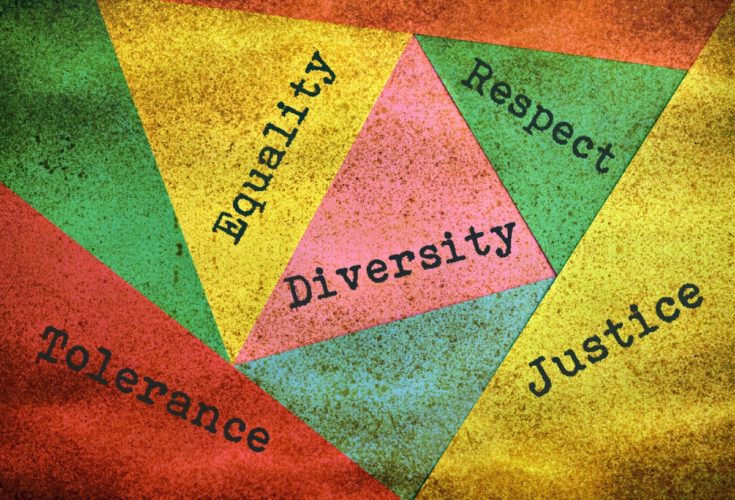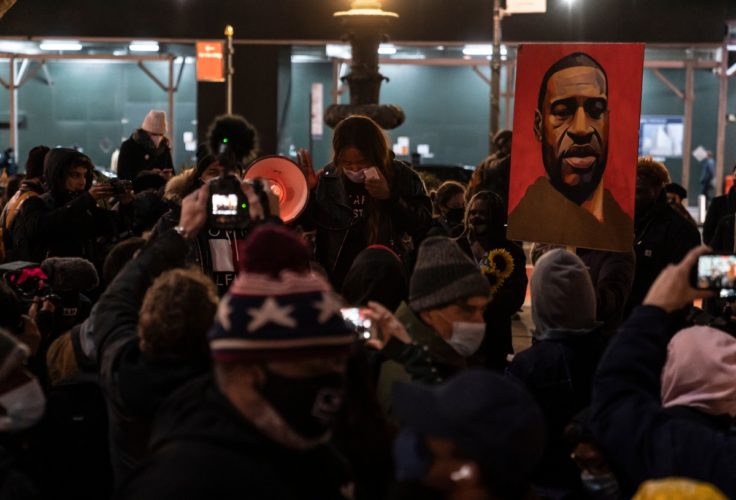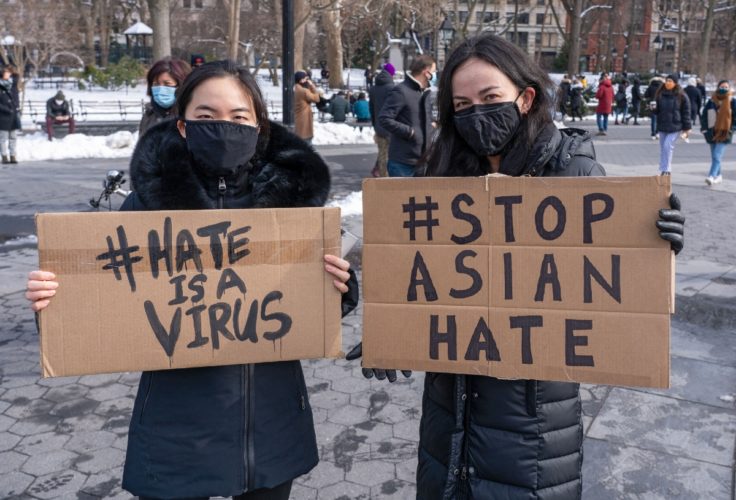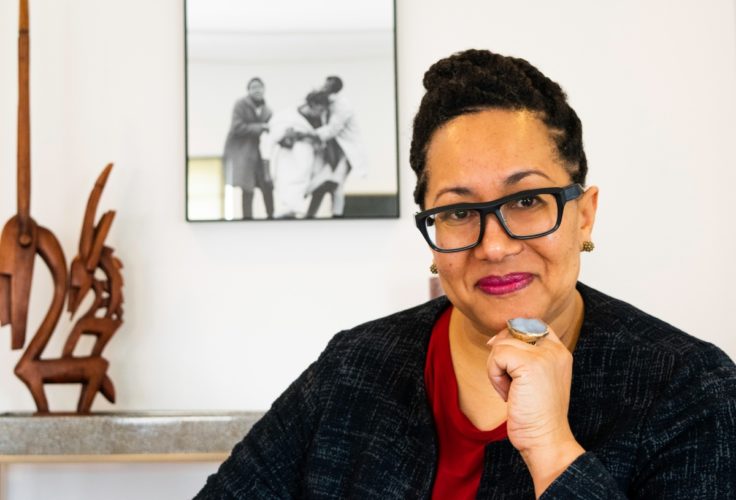Olin Dean Mark P. Taylor shared this update with members of the WashU Olin community—students, staff and faculty—today.
As we steadily press forward in developing Olin’s strategic plan for inclusion, diversity, equity and access (IDEA), I wanted to share what I can about our progress so far. Before doing so, I must reiterate my tremendous gratitude for everyone who has had a hand in moving us forward in this area.
That includes students who have engaged with me personally, sharing their honest and candid insights. It includes staff and faculty, who have given of their time to assess our needs and offer measurable solutions. And it includes alumni who have reached out to gain a deeper understanding about the importance of this work to Olin’s future.
In this note, I’ll share updates on:
- Faculty hiring in the fall, including progress toward hiring an associate dean for IDEA.
- Action we’ve undertaken in our strategic planning process—and what actions we haven’t taken and why.
- Plans for ongoing workplace development at the school.
Progress in hiring
The associate dean. A key component of our plan remains among our highest priorities: hiring an associate dean for IDEA. We have engaged Collaborative Strategies as our partner in the recruitment process for that position (as well as, I might add, the new associate dean for graduate programs). We have undertaken that process with a sense of urgency, and I’ll tell you why. Put simply, that person must be empowered to galvanize and meaningfully lead our work in this area—and to do so as soon as possible. Indeed, a key first step for that person will be convening a number of focus groups and listening sessions. Thus, my sense of urgency in completing this task.
Other faculty hiring. I’m pleased to note that the new faculty cohort arriving before the start of the next academic year is among the most representative we have ever welcomed. This has always been—and always will be—a goal of our faculty recruitment efforts, and I’m happy to report this year’s work was successful. Note that we’ll publish more about these hires in the 2021 edition of Olin Business magazine.
The strategic plan
As we work toward hiring the associate dean for IDEA, we haven’t delayed in making first-year plans to focus on issues we know we must address. I’m grateful for the outstanding work of the plan champions, who put together extensive drafts and proposed budgets for each for each of the stakeholder areas in our plan: students, faculty, staff and the alumni and at-large communities.
Our plans will be reviewed and updated as needed by the new associate dean in consultation with students, faculty and staff. Our draft includes proposed action items well beyond this year. These are a few of the initiatives conceived for year one.
For student stakeholders
- Increasing the number of Black faculty at Olin.
- Launching a graduate-level course in inclusion, diversity, equity and access.
- Joining two to three new national networks focused on IDEA recruitment at all program levels and continue to leverage current activity.
- Increase the use of diverse course materials (i.e., case studies and course examples where at least one protagonist is not a white male).
- Clarifying current student grievance process, and expand the current student grievance process to encapsulate an IDEA lens.
For faculty stakeholders
- Evaluating our required faculty annual activity form to include individual faculty efforts toward promoting IDEA initiatives.
- Systematically reviewing the hiring process for underrepresented minority/track applicants to ensure we are reaching desired groups.
- Running professional development workshops for URM PhD students and junior faculty outside WashU Olin.
- Launching the pre-doctoral program aimed at URM students to prepare for doctoral programs in business.
For staff stakeholders
- Reviewing and enhancing the hiring processes to recruit Black, Latinx and other URM staff.
- Setting clear expectations by developing IDEA standards, policies and practices specific to staff.
- Continuing HR focus groups.
- Providing IDEA support and reinforcement throughout the staff lifecycle (from hire to exit).
For alumni/community stakeholders
- Supporting career progression and advancement for diverse alumni with a focus on the first five years after graduation to increase the number of diverse graduates in leadership roles and support and track salary growth.
- Increasing overall engagement with diverse alumni through communication, events and lifelong learning.
- Educating on leadership strategies and tactics for deeper understanding of diversity and changing cultures.
- Partnering with alumni and the business community to raise support for Olin’s overall IDEA efforts.
- Supporting diverse alumni with small business through the Small Business Initiative (using all student groups) and diverse alumni entrepreneurs through CELect/CEL and Skandalaris.
Staff/faculty development
As many of you are aware, we recently concluded a series of workshops focused on raising awareness about microaggressions in the workplace—the “Subtle Acts of Exclusion” workshops in March and April. Earlier—indeed, before the pandemic—we hosted a series of workshops focused on unconscious bias. We are reviewing follow-up programming to offer our staff and faculty more options to engage in this work.
Additionally, we are launching an MBA-level course focused on IDEA, which will be rolled out over the next year, and will later expand through other programs.
Finally, we anticipate additional programming developed in partnership with WashU’s Academy for Diversity, Equity, and Inclusion that will be presented sometime in the vicinity of Juneteenth (which falls on a Saturday this year).
Further updates
I recognize the importance of transparency in our work toward advancing inclusion, diversity, equity and access within the walls of Olin and beyond. Thus, I also recognize the healthy appetite each of us has for ongoing updates on our progress in this work. I pledge to continue providing meaningful updates as often as possible.
It is my hope that our next update will include news of our new associate dean for IDEA and next steps toward bringing that person up to speed in our work. In the meantime, I remain available for your questions and look forward to continuing this important work together.









